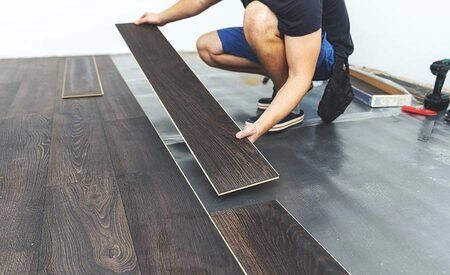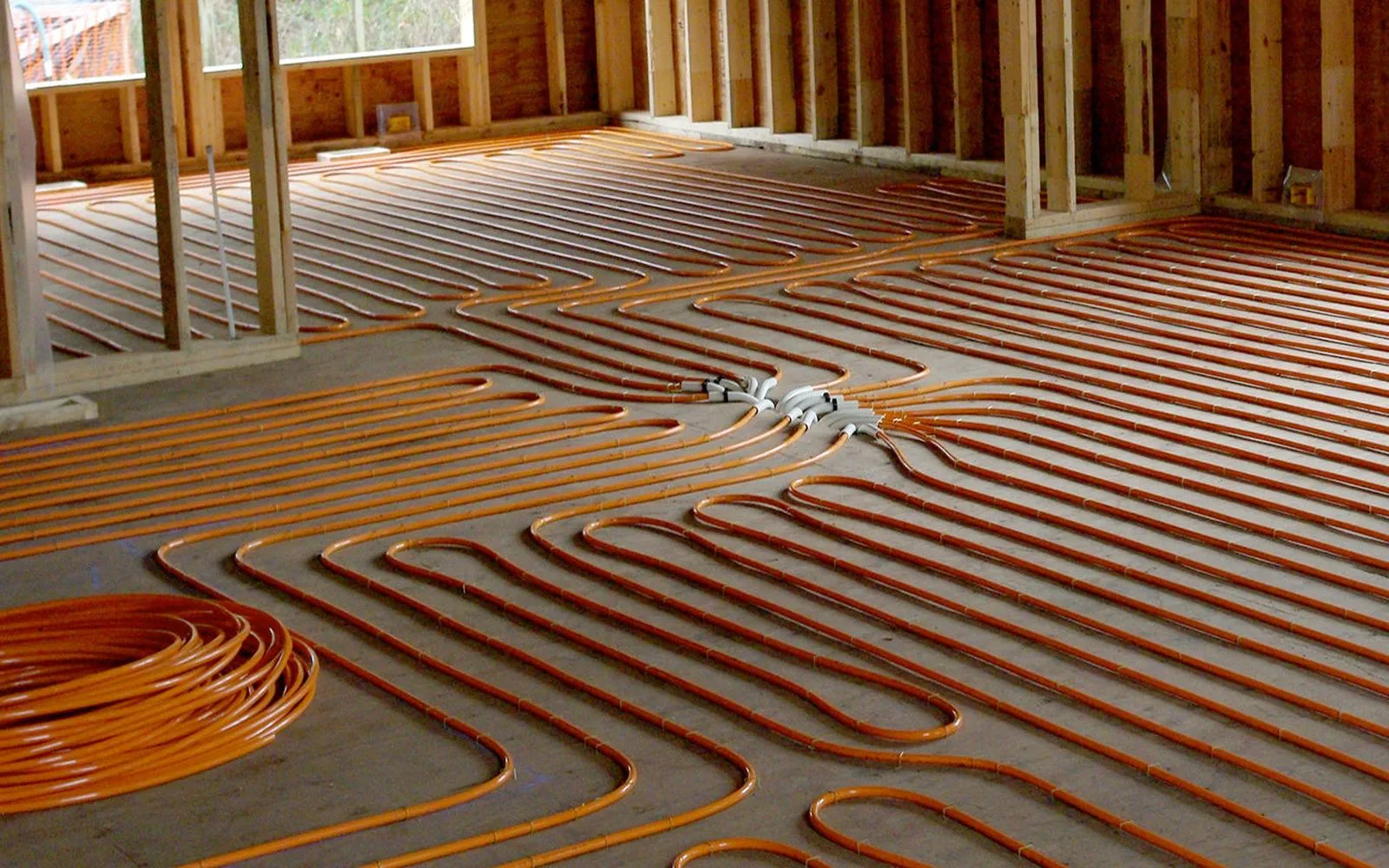
When embarking on a flooring project, having the right tools can significantly influence the quality of your results. With an abundance of flooring tools available on the market, it’s essential to know how to select the best ones for your needs. Below are some key considerations and a helpful chart to guide you through the process.
1. Determine the Type of Flooring
The first step in choosing the best flooring tools is to identify the type of flooring you will be working with. Different materials require different tools. For instance:
- Hardwood Flooring: Requires tools such as a miter saw, nail gun, and flooring stapler.
- Laminate Flooring: Generally needs a laminate cutter, tapping block, and pull bar.
- Tile Flooring: Requires a tile cutter, trowels, and grout float.
2. Assess Your Skill Level
Your experience level will also dictate which tools are best suited for your project. Beginners may prefer user-friendly tools that are easier to operate, while seasoned professionals may opt for more advanced equipment. It’s important to choose tools that match your skill level to ensure safety and efficiency.
3. Consider the Project Size
The size of your flooring project will impact the type of tools you need. For smaller projects, basic hand tools may suffice. However, larger areas may necessitate power tools for efficiency. Here’s a quick reference chart:
| Project Size | Recommended Tools |
|---|---|
| Small (up to 100 sq. ft.) | Utility knife, tapping block, hand saw |
| Medium (100 - 500 sq. ft.) | Power saw, flooring nailer, measuring tape |
| Large (over 500 sq. ft.) | Table saw, pneumatic nailer, laser level |
4. Brand Reputation and Quality
Investing in high-quality flooring tools from reputable brands can save you time and money in the long run. Conduct research on various brands, read user reviews, and seek recommendations from professionals. Tools from well-established brands typically offer better durability and performance.
5. Budget Considerations
Setting a budget is crucial before purchasing flooring tools. While it might be tempting to opt for the cheapest options available, remember that you often get what you pay for. Investing in durable, high-quality tools can lead to better results and fewer replacements in the future.
6. Versatility of Tools
Consider selecting versatile tools that can be used for multiple projects. For instance, a good miter saw can be used for various flooring types, as well as other woodworking projects. This can help you save money and storage space in the long run.
7. Safety Features
Safety should always be a priority when choosing flooring tools. Look for tools equipped with necessary safety features, such as blade guards and automatic shut-off mechanisms. Familiarize yourself with safety practices to minimize the risk of injury during your flooring project.
8. Accessory Tools
In addition to the primary tools required for flooring installation, don’t overlook the importance of accessory tools. Items such as a level, spacers, and a moisture meter can enhance your installation process and ensure a professional finish. Here are some useful accessory tools:
- Moisture Meter: Essential for hardwood or laminate flooring to check subfloor moisture levels.
- Spacers: Help maintain uniform gaps when installing floating floors.
- Flooring Rollers: Useful for applying pressure on adhesive flooring to ensure proper adhesion.
9. Reading Reviews and Seeking Advice
Before making a purchase, take the time to read reviews and seek advice from experienced users. Online forums, DIY communities, and local hardware stores can be great resources. Engaging with others can provide insights into the best tools for specific flooring types and projects.
Conclusion
Choosing the best flooring tools for your project involves considering the type of flooring, your skill level, project size, brand reputation, budget, and additional safety features. By carefully evaluating these factors and utilizing the provided chart, you can ensure that you select the right tools for a successful flooring installation that meets your needs and expectations.



